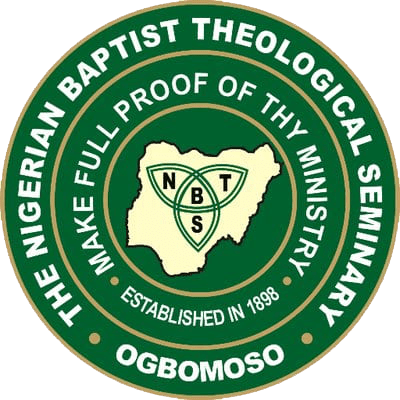LANGUAGE AND MUSICAL TEXT OF NIGERIAN CHRISTIAN MUSIC
Language, as the primary carrier of culture, facilitates the expression of worship; the most influential musical performance in Nigeria is the one that is performed in the language of the immediate environment of worshippers who perform the music and effectively communicate the gospel to the recipient to the point that the message is authentic and easily absorbed. Tonal and intonation of the Nigerian language are not limited to spoken words; in traditional culture, the melodies of the songs also reflect the speech intonations of the text if the song rendered will be meaningful to the listeners. Immediate environment languages help Nigerian Worshippers respond to God’s voice as he speaks in a familiar language.
Songs in the Nigerian context that use texts written in the mother tongue and devoid of a discrepancy between dialectic and melodic contour of the text’s intended meaning enhance the deep understating of the song’s biblical truth and also deepen worshippers’ spirituality. Communication is at its best when it is done via local forms, using idioms and linguistic expressions. The worship music texts speak the worshippers’ feelings and thoughts and simultaneously express universal truth and sound Christian doctrines that exalt the greatness of God in the local worshipper’s language and edify God’s people. The truth of God’s word clearly and meaningfully communicated in song texts with local idioms and proverbs makes the biblical message more real and concrete to Nigerian Churches.
Contributed by Ojo, Rachael Funke.
INTERVIEW INSIGHTS
Click here to see more interview responses
“At least if you perform their song once in a while, they will also have a sense of belonging.”
Victoria Adeyinka interviewing John Ajani, a church music director and doctoral student at Bowen University Iwo.

